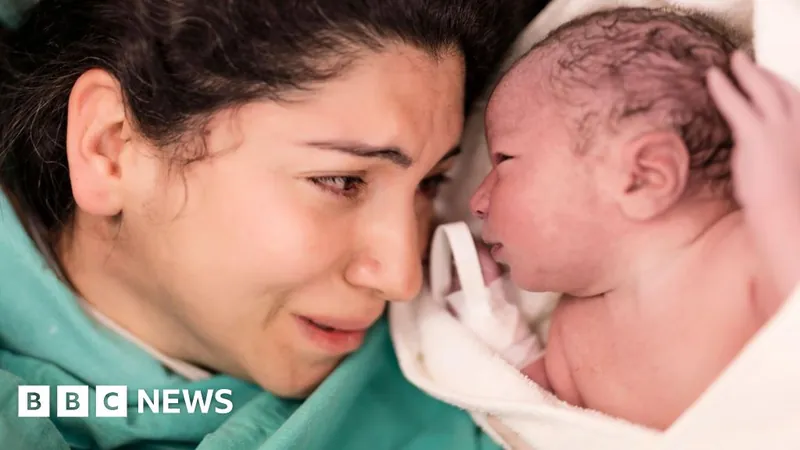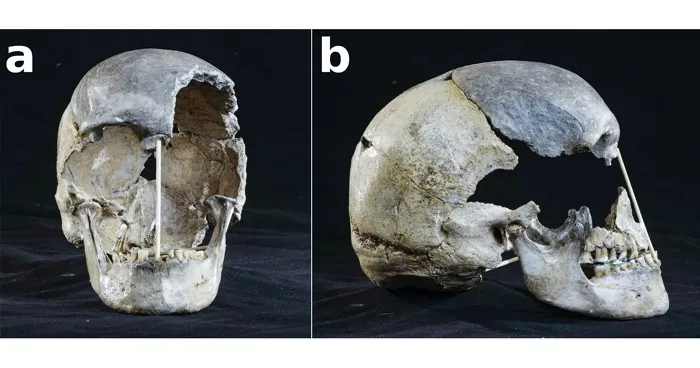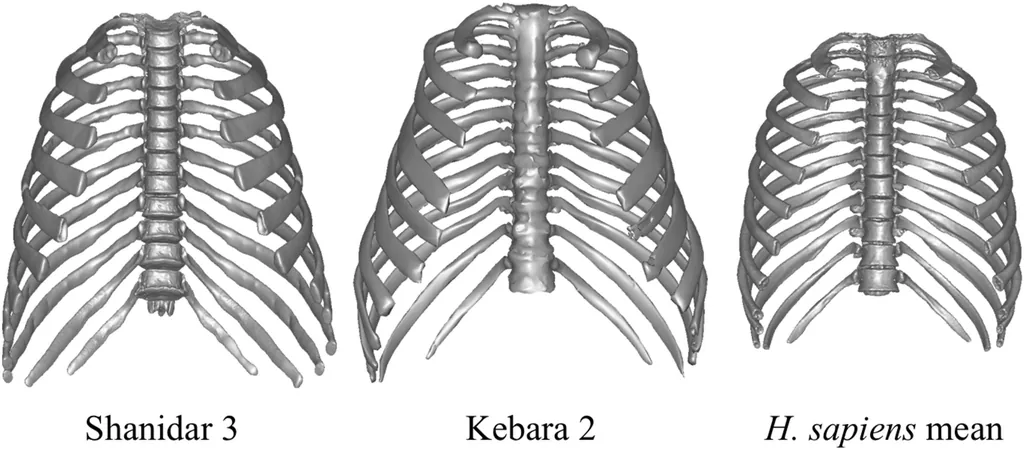
Shocking Rise: 25% of Babies in England Delivered via Caesarean Section!
2024-12-16
Author: Yu
Recent data from the NHS in England reveals a striking statistic: one in four babies is now born via Caesarean section. This dramatic increase in Caesarean deliveries highlights a growing trend observed over the past decade. But what's driving this surge?
Experts suggest that the increasing prevalence of “complex” pregnancies could be a major contributing factor. More women are entering motherhood at an older age or are dealing with obesity, both of which elevate the risk of complications during childbirth. However, it’s not just medical concerns influencing this choice; many mothers are opting for Caesareans for personal reasons—sparking a broader debate about birth methods in modern healthcare.
Comparatively, in the 2013-14 period, only 13% of deliveries were Caesarean sections. Fast forward to last year, and statistics reveal that out of 398,675 deliveries where the method was documented, a staggering 101,264, or 25%, were Caesarean births. Of these, nearly two-thirds—67,100—were planned or elective procedures, showcasing the growing preference for this surgical route.
Dr. Ranee Thakar, president of the Royal College of Obstetricians and Gynaecologists (RCOG), confirmed that complex births are a significant factor in this upward trend. “We are witnessing a national increase in obesity rates and more women choosing to have children later in life, which can lead to higher chances of complications,” she noted.
Moreover, the likelihood of requiring a Caesarean section escalates with maternal age, particularly for those over 39 years, for whom Caesarean delivery has become the most common method. Contrastingly, women under 30 are more likely to have spontaneous vaginal births without medical intervention.
In addition to Caesareans, about a third of all deliveries were induced using techniques such as hormone drips and pessaries to initiate labor.
The RCOG emphasizes that the choice of delivery method should be respected and facilitated whenever possible and safe. Notably, recent guidelines from the NHS have lifted previous restrictions that discouraged Caesarean sections—historically capped at about 20% of deliveries.
An NHS spokesman elaborated, stating: “While a Caesarean is a major operation with inherent risks, it is performed when deemed the safest option for both the mother and baby. However, many also choose Caesareans for non-medical reasons.” This shift in policy reflects a commitment to personalized care, as NHS maternity teams aim to provide women with the safest, most individualized options for childbirth.
This rising trend not only alters the landscape of childbirth in England but prompts essential conversations about maternal health, birth choice, and the implications for future generations. What does the future hold for childbirth practices if this trend continues? Only time will tell.





 Brasil (PT)
Brasil (PT)
 Canada (EN)
Canada (EN)
 Chile (ES)
Chile (ES)
 España (ES)
España (ES)
 France (FR)
France (FR)
 Hong Kong (EN)
Hong Kong (EN)
 Italia (IT)
Italia (IT)
 日本 (JA)
日本 (JA)
 Magyarország (HU)
Magyarország (HU)
 Norge (NO)
Norge (NO)
 Polska (PL)
Polska (PL)
 Schweiz (DE)
Schweiz (DE)
 Singapore (EN)
Singapore (EN)
 Sverige (SV)
Sverige (SV)
 Suomi (FI)
Suomi (FI)
 Türkiye (TR)
Türkiye (TR)